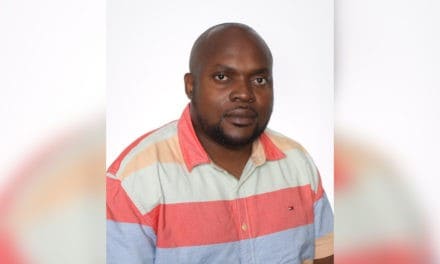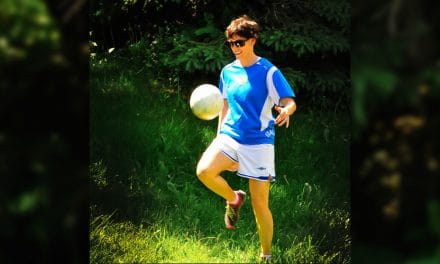HALO Post-Doctoral Fellow Dr. Michelle Guerrero is lead author on a paper, “24-Hour Movement Behaviors and Impulsivity,” that was just published in Pediatrics. Citation details and a summary of the paper are below.
Guerrero, Michelle D. and Barnes, Joel D. and Walsh, Jeremy J. and Chaput, Jean-Philippe and Tremblay, Mark S. and Goldfield, Gary S. 24-Hour Movement Behaviors and Impulsivity. Pediatrics. 2019. e20190187.
Abstract
BACKGROUND: The objective of this study was to examine individual and concurrent associations between meeting the Canadian 24-Hour Movement Guidelines for Children and Youth (9–11 hours of sleep per night, ≤2 hours of recreational screen time (ST) per day, and at least 60 minutes of moderate to vigorous physical activity per day) and dimensions of impulsivity. METHODS: Data from this cross-sectional observational study were part of the first annual curated release of the Adolescent Brain Cognitive Development Study. Participants included 4524 children between the ages of 8 and 11 years. RESULTS: In analyses, it was shown that adherence to individual movement behavior recommendations as well as combinations of adherence to movement behavior recommendations were associated with each dimension of impulsivity. Meeting all 3 movement behavior recommendations was associated with lower positive urgency (95% confidence interval [CI]: −0.12 to −0.05), negative urgency (95% CI: −0.04 to −0.08), Behavioral Inhibition System (95% CI: −0.08 to −0.01), greater perseverance (95% CI: 0.09 to 0.15), and better scores on delay-discounting (95% CI: 0.57 to 0.94). Meeting the ST and sleep recommendations was associated with less impulsive behaviors on all dimensions of impulsivity: negative urgency (95% CI: −0.20 to −0.10), positive urgency (95% CI: −0.16 to −0.08), perseverance (95% CI: 0.06 to 0.15), Behavioral Inhibition System (95% CI: −0.15 to −0.03), Behavioral Activation System (BAS) reward responsiveness (95% CI: −0.04 to −0.05), BAS drive (95% CI: −0.14 to −0.06), BAS fun-seeking (95% CI: −0.15 to −0.17), and delay-discounting task (95% CI: 0.68 to 0.97). CONCLUSIONS: Findings support efforts to determine if limiting recreational ST while promoting adequate sleep enhances the treatment and prevention of impulsivity-related disorders.




